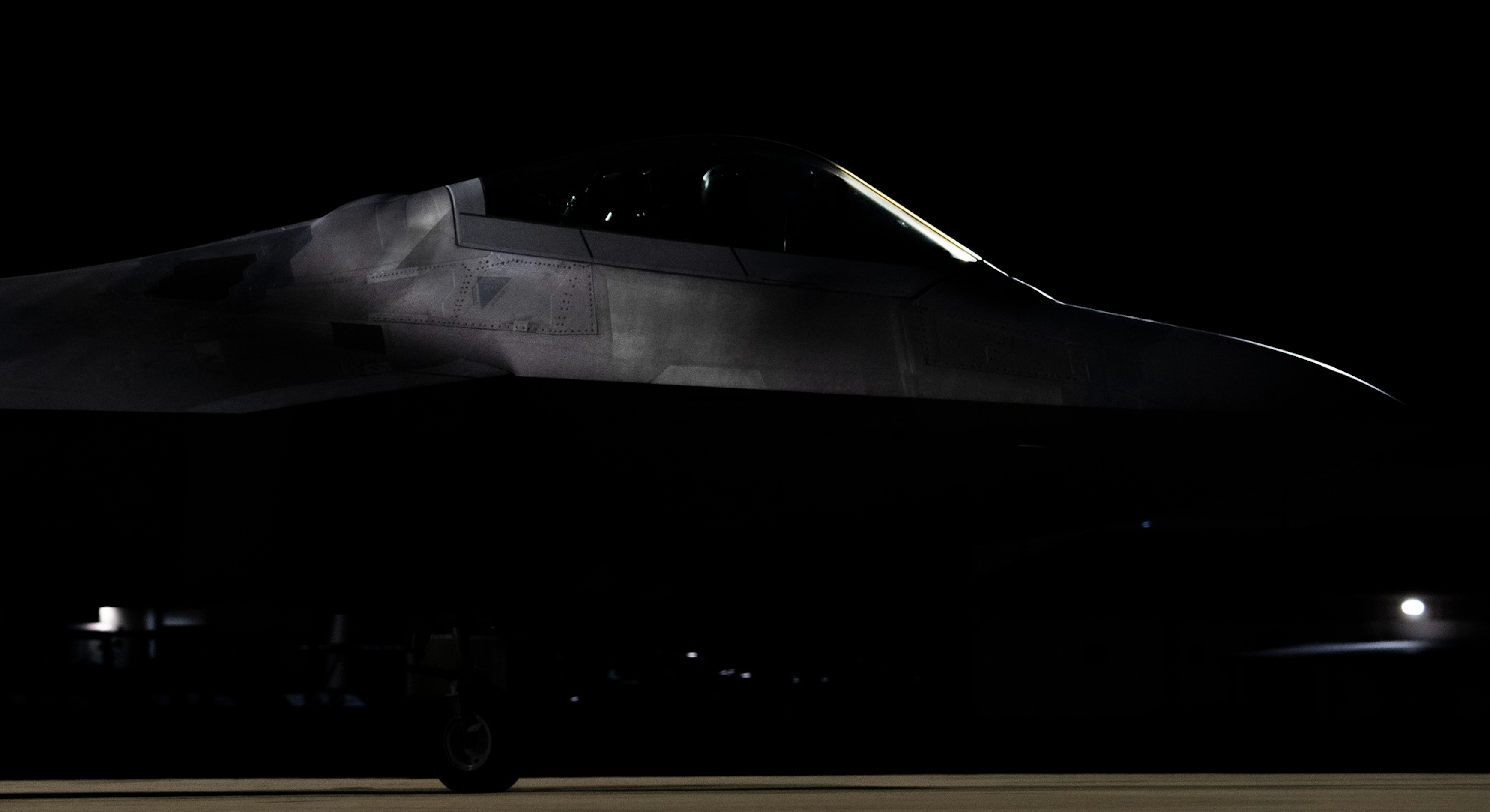
Factbox: Key provisions of the US Congress' $886B defense bill
PHOTO CAPTION: A U.S. Air Force F-22 Raptor prepares for take off at Eglin Air Force Base, Florida, Jan. 28, 2021. (U.S. Air Force photo by Airman 1st Class Tiffany Price via U.S. Defense Visual Information Distribution Service)
By Kanishka Singh
WASHINGTON (Reuters) - The National Defense Authorization Act, or NDAA, is one of the few major pieces of legislation that the U.S. Congress passes every year, a practice started in 1961.
The legislation governs everything from pay raises for service members and purchases of ships and aircraft to policies such as support for foreign partners like Taiwan.
A compromise version of the $886 billion defense and national security policy bill was revealed late Wednesday after negotiations between Republicans and Democrats. Congress could begin voting on the bill in the coming days.
Here are some highlights from the legislation:
PAY RAISE
The bill calls for a 5.2% pay raise for service members and increases the nation's total national security budget by about 3% to $886 billion.
PROHIBITION OF BATTERIES MADE BY CHINESE FIRMS
The bill lists certain Chinese battery companies that it says are ineligible for Defense Department procurement.
It says that, starting October 2027, no funds authorized to the Defense Department could be appropriated to procure batteries produced by CATL, BYD Company, Envision Energy, EVE Energy, Gotion High Tech and Hithium Energy Storage Technology.
A number of Republican and Democratic lawmakers have sounded the alarm over potential security threats posed by Chinese storage batteries, arguing that the U.S. risks building a critical dependency on its top rival for the devices, which may have cyber vulnerabilities and put energy grids at risk.
TAIWAN
The bill calls for strengthening U.S. partnership with Taiwan, with the goal of "improving Taiwan's defensive capabilities and promoting peaceful cross-strait relations" with China. It says Washington will "establish a comprehensive training, advising, and institutional capacity building program for the military forces of Taiwan."
The United States is Taiwan's most important international backer and arms supplier even though Washington does not formally recognize its government, maintaining official relations only with Beijing which claims the island as its own territory.
EXTENSION OF DOMESTIC SURVEILLANCE LAW
The more than 3,000-page bill extends the domestic surveillance authority that allows law enforcement to spy on Americans without a warrant by another four months, giving lawmakers more time to either reform or keep the disputed program.
The extension of the surveillance provision - known as Section 702 of the Foreign Intelligence Surveillance Act (FISA) - was tucked into the 2,353rd page of the bill.
URANIUM
According to the bill, the Department of Energy will create a "Nuclear Fuel Security Program" and promote domestic availability of uranium to power advanced reactors.
(Reporting by Kanishka Singh in Washington; Editing by Don Durfee and Jonathan Oatis)









